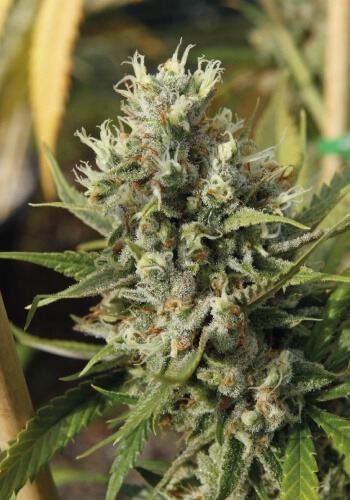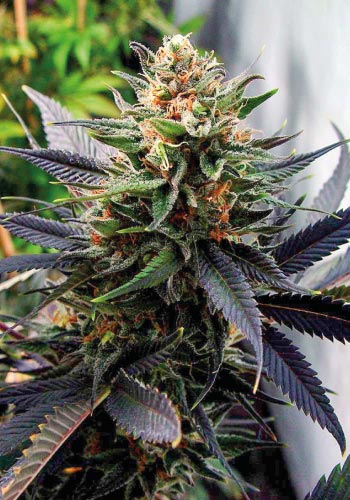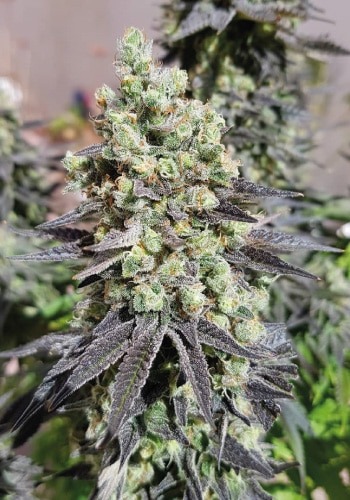Linalool is an acyclic monoterpene present in over 200 species of plants, including lavender, rose, basil, birch, mint family (Lamiaceae), rosewood, laurels and cinnamon, representing about 70% of terpenes of many aromatic plants. This aromatic compound is also found in numerous fruits, like apples, citrus, grapes and some fungi.
In cannabis, linalool is a member of the “Big 8”, together with myrcene, terpinolene, ocimene, limonene, α-pinene, humulene, and β-caryophyllene, and it can be found in a significant portion (about 6%) of hemp’s essential oil.
The flavor and aroma profile of Linalool
Linalool appears as a colorless liquid, with a typical scent resembling that of bergamot oil and lavender, woody-herbal tones and has a spicy undertone. Due to its pleasant aroma, this monoterpene is widely used as a fragrance component in many commercial applications and as a flavoring agent in foods, as well as in aromatherapy.
The medicinal properties of Linalool
From the pharmacological point of view, this aromatic compound is particularly known to promote beneficial physiological effects, such as inducing calmness and enhancing sleep. It also boasts a variety of different medical properties, including:
- antidepressant
- sedative, anxiolytic and calming
- analgesic, local anesthetic
- anticonvulsant at small concentrations
- anti-inflammatory
- antimicrobial against several bacteria and fungi
- immune potentiating effects
- anti-leishmanial
- anticancer
- cardiovascular
Linalool also shows a potent sedative effect, by potentiating the response of a receptor called GABAA-receptor. This receptor is involved in the sedative, anxiolytic and calming processes and it also shows local anesthetic properties equal to those of procaine and menthol. Such activities are potentiated by the entourage effect of many cannabinoids, including tetrahydrocannabinol (THC), cannabidiol (CBD) and cannabigerol (CBG).
According to the results of a study conducted in a sample of healthy pregnant women, aromatherapy with essential oils with high levels linalool shown to reduce anxiety and stress. This calming effect may help to decrease obstetric complications and children’s health problems after birth.
Linalool demonstrated a positive effect on cardiovascular risk thanks to its antioxidant abilities, which may help in reducing both “bad cholesterol” (LDL-cholesterol) and other fats (triglycerides and total cholesterol) levels in the blood.
In mice models, oral administration of linalool demonstrated to restore cognitive and emotional functions and to reverse the typical hallmarks of Alzheimer disease.
Linalool has also been shown to inhibit cigarette smoke-induced acute lung inflammation by counteracting the infiltration of inflammatory cells and production of some molecules such as inflammatory cytokines (produced in the early stages of inflammatory processes), and other molecules involved in inflammatory processes (e.g. monocyte chemoattractant protein-1 [MCP- 1]).
Furthermore, the administration of linalool via inhalation to obese surgical patients has show to decrease morphine opioid usage vs placebo. Moreover, linalool may enhance the permeability of some drugs through biological tissues (e.g. skin or mucous membranes).


